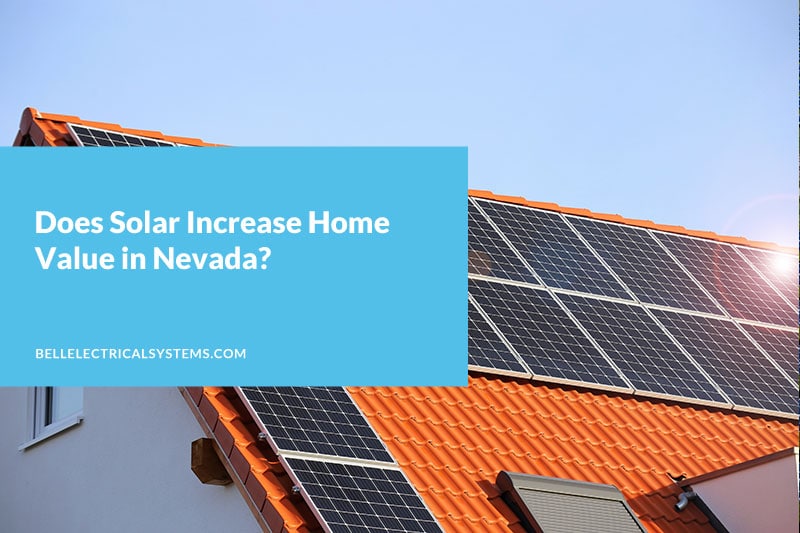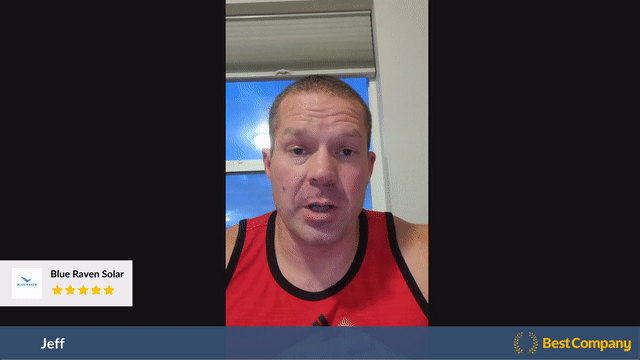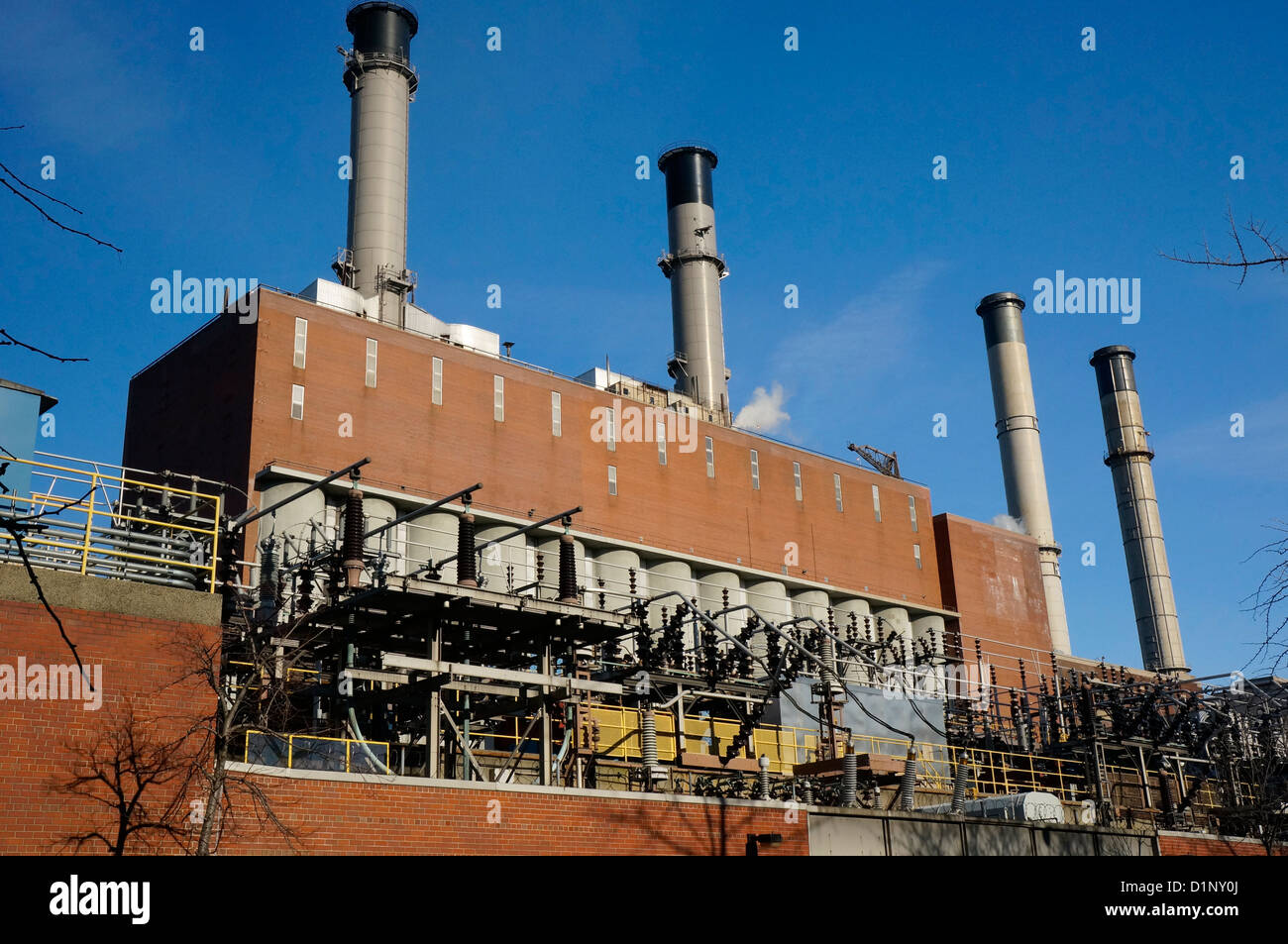
While solar panels are a great option to generate electricity and reduce your monthly electric bills, they can be costly. If you're considering going solar, you need to consider the cost of a solar panel system, and your options for financing or leasing. Energy Sage's instant estimate calculator makes it easy to calculate the upfront costs and savings. Millions are interested in solar. Solar-powered homes sell for up to 20% more and are sold at 17% higher prices than those without. This means that if you ever want to sell your house, you can easily recoup the investment.
Alternatives to upfront solar panel installation costs
A solar loan is an option if you don't have the funds to purchase all of the solar panels upfront. Until recently, this option was rare, but now there are plenty of solar-specific loan providers that offer competitive rates and flexible terms. These loans allow for you to pay your loan in monthly installments, so you can still have your solar panels. Also, you will be able to enjoy the electricity savings and lower electric bills over time.
An alternative to buying solar panels upfront is a power purchase arrangement. This arrangement allows for you to spread out the payment over a set period of time. The price may increase over time. This agreement will save you money, but it is usually less expensive than purchasing the panels directly. You'll also be extending your payment term. Additionally, the federal tax credit you receive for solar electricity generated will be applied to your bill.

Solar panel systems cost
There are many factors that affect the cost of a solar system. First, size is important. Solar panel systems that are larger than those of smaller dimensions will cost you more, but they will produce less energy. This means that the average $/W is lower. Cost can also be affected by the type and size of solar panels. However, some panels will be more expensive than others. This doesn't necessarily mean they will perform well.
Local inspection fees, permit costs, and solar panel taxes are all important to consider. However, the cost of solar power has steadily decreased as more people have turned to it. According to the National Renewable Energy Laboratory (NREL), the average price of installing solar panels has fallen between 13%-18% over the past decade. Ask your local solar professional for a better idea of the exact cost of a panel system.
Get incentives to go solar
There are incentives for homeowners who want to go solar. These incentives can be used to lower the cost and install a solar panel system. Numerous states offer different incentives. Massachusetts residents can get a 15% state credit up to $1000. The federal government also offers tax credits for solar installations. The federal credit can cover up to 30% for a solar system install.
New York State has a block grant program which rewards homeowners for going green. These grants can amount to up to $8.750 for a typical residential project and are subjected to a limit based upon the area's installed solar capacity. In addition, taxpayers are allowed to carry over credits to the next cycle.

The cost of leasing solar panels
You can lease solar panels if you don't want the upfront investment. Many solar leases include maintenance services as part of the monthly cost. These services can be helpful to you maintain your solar panel system and avoid costly repairs. The majority of leases offer the possibility to buy the panels at the end of the lease.
Solar leases have their disadvantages. The monthly payment will not be low and will rise over the life of the system, which can undercut the savings you expect. The federal solar tax credit and local incentive programs will not apply to you. Leasing won't increase your home's value. If you are planning to move, it may be a problem to end the lease.